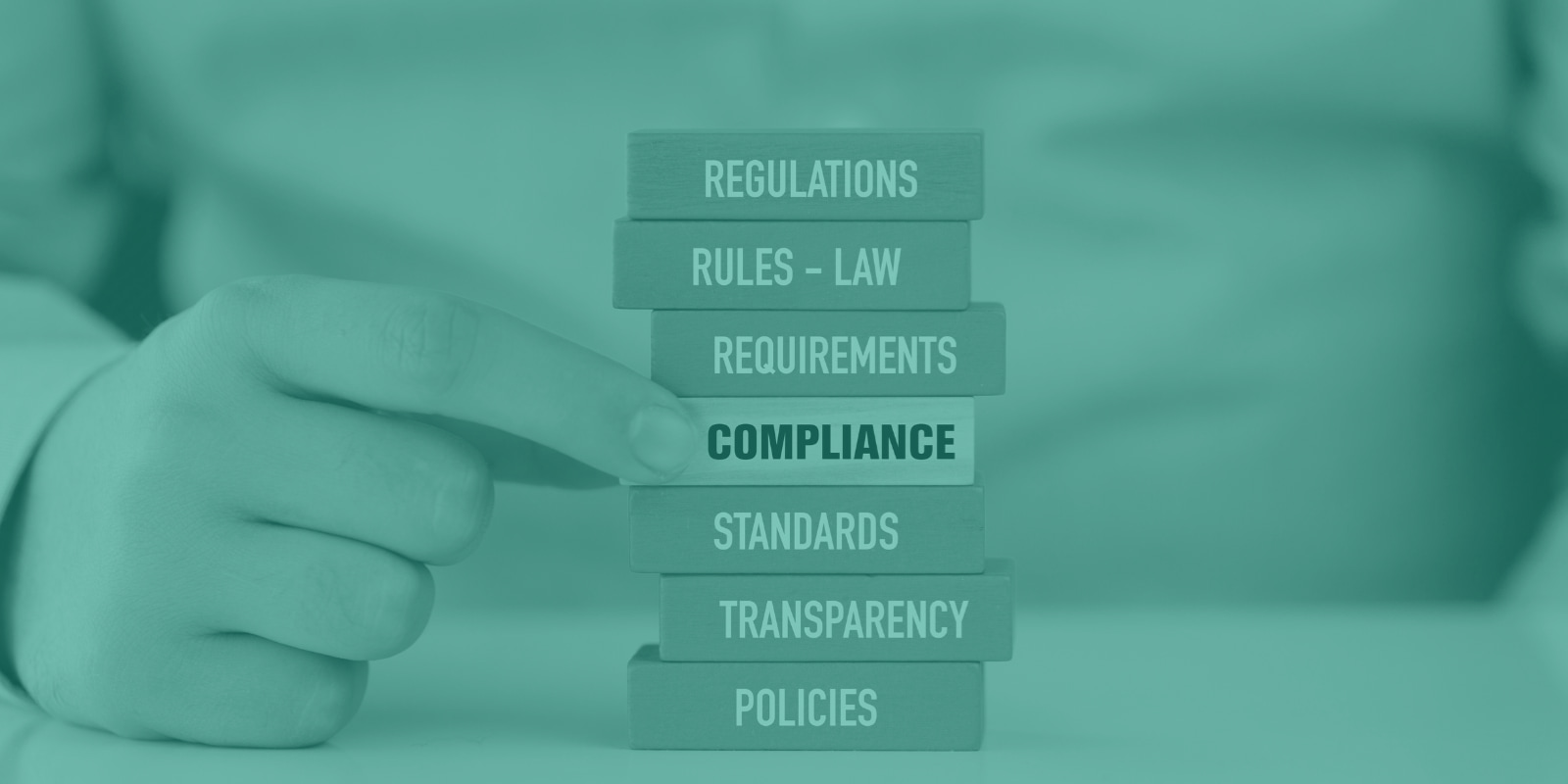RECENT AMENDMENTS TO ECONOMIC SUBSTANCE REPORTING (ESR)
On September 16, 2024, the UAE Cabinet Decision No. (98) of 2024 introduced significant amendments to the ESR:
- Extended Applicability: The ESR now applies retroactively for financial years from 2019 to 2022.
- Penalty Waiver: Exempt businesses will not face penalties for non-compliance until December 31, 2022.
- Ongoing Relief: Entities meeting national compliance obligations may receive further relief from penalties after 2022.
WHY CANCEL ECONOMIC SUBSTANCE REPORTING (ESR)?
As of December 31, 2022, the UAE Ministry of Finance cancelled the mandatory annual filing of Economic Substance Reports (ESR). This change is part of a broader effort to streamline compliance and enhance the UAE’s reputation as a global business hub.
REASONS FOR THIS CHANGE:
- Alignment with Global Standards: The UAE aims to align its tax regulations with international standards, ensuring businesses operate smoothly without excessive compliance.
- Encouraging Business Growth: By reducing regulatory requirements, the UAE creates a more favourable environment, attracting foreign investment and supporting business expansion.
- Avoiding Redundancy: With the introduction of the UAE’s Corporate Tax law on June 1, 2023, there are now more comprehensive mechanisms to monitor businesses. This law requires maintaining robust records, reducing the need for additional ESR reports.
WHAT ARE THE IMPLICATIONS FOR BUSINESSES?
- Easing Compliance Burdens: Companies can now focus on strategic initiatives without the pressure of annual filings, a welcome relief for smaller firms that found the process costly and time-consuming.
- Focus on Core Operations: With fewer regulatory obligations, businesses can direct resources toward core activities, growth, and expansion strategies.
- Compliance with New Regulations: Despite the ESR cancellation, companies must still follow other regulations, particularly the Corporate Tax law. Businesses must maintain proper documentation to ensure transparency and accountability.
HOW TO NAVIGATE THIS CHANGE?
While the ESR requirement is no longer in place, staying informed on other compliance obligations is crucial. Here are some recommendations:
- Stay Updated on Regulatory Changes: The UAE’s regulatory environment can shift quickly. Companies should keep track of updates from the Ministry of Finance and other authorities.
- Seek Expert Guidance: If unsure how these changes impact your business, consult tax and legal experts. They can provide clarity on what documentation is still needed under the Corporate Tax law and other regulations.
- Reassess Corporate Structure: Use this opportunity to review your business model and ensure alignment with the UAE’s current environment. This might include updating documentation or restructuring for tax efficiency.
THE BIGGER PICTURE
The cancellation of the ESR reporting requirement simplifies the compliance process for businesses in the UAE. It underscores the country’s commitment to a business-friendly environment, reinforcing its position as a global business hub. However, companies must stay vigilant and comply with other regulations, including those introduced under the Corporate Tax law, to ensure continued compliance. The shift reflects the UAE’s adaptive regulatory approach, aimed at fostering growth while maintaining transparency and international alignment. Businesses should see this change as an opportunity to streamline operations and focus on strategic growth in the region.
TAKEAWAY
If you are interested to learn more, reach out to our team of consultants, and secure your complimentary expert consultation. Our team will take you through a journey on regulations to avoid any potential compliance issues. you through the regulatory landscape to avoid potential compliance issues.
Contact us via email at [email protected] or call:





